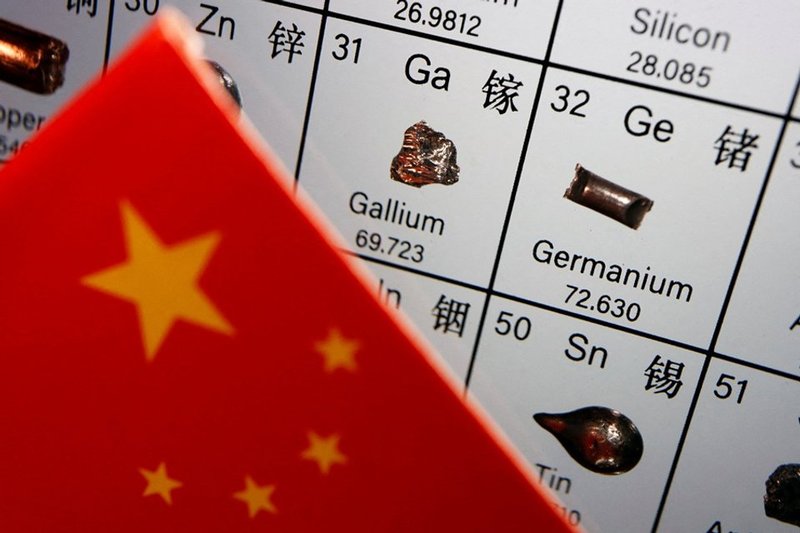
China’s Battery Monopoly Poses Grave Threat to U.S. National Security, Report Warns
China’s dominance over critical battery materials has placed U.S. national security in a vulnerable position, according to a new report from the Foundation for Defense of Democracies (FDD). Beijing now controls more than 80% of the global supply of lithium, graphite, cobalt, and other key components used in advanced military systems, including drones, radios, and emerging energy weapons.
This monopoly stems from aggressive tactics: lax environmental rules, forced IP transfers, predatory pricing, and over $57 billion in state-funded foreign investments through ventures in Africa and Latin America. China’s Belt and Road Initiative further cemented its grip by securing strategic resources in developing nations.
Currently, China processes 97% of anode active materials, 85% of graphite, 70% of cathodes, and over 60% of global lithium — all vital to U.S. defense infrastructure and energy independence. Worse still, Beijing has begun weaponizing its dominance through export controls, restricting critical minerals like graphite, gallium, and rare earth elements.
The report warns: batteries are the "bullets of future wars." From electric vehicles to nuclear weapons, these materials are essential. Yet U.S. mining projects face up to 40% delays due to permitting bottlenecks, while Chinese firms enjoy massive subsidies and streamlined regulations.
To counter China’s stranglehold, the report urges a full-spectrum response: fast-track U.S. permitting, expand domestic refining, invest in mineral stockpiles, and form deeper alliances with partners like Ukraine, Greenland, and the DRC. Projects in North and South Carolina are already laying groundwork, but broader federal action is critical.
The message is clear: China’s control of battery supply chains is not just an economic issue — it’s a national security crisis. America must act before it’s too late.